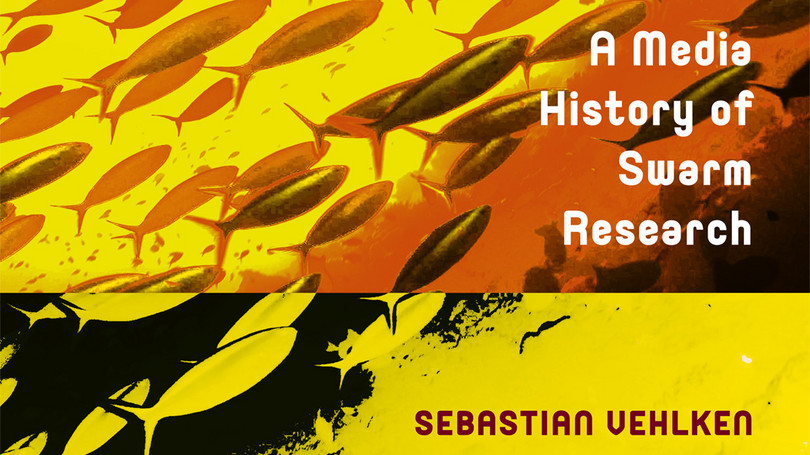Sebastian Vehlken: Zootechnologies – A Media History of Swarm Research
Buchveröffentlichung
Oktober 2020
Sebastian Vehlken – Zootechnologies
A Media History of Swarm Research
Swarming has become a fundamental cultural technique related to dynamic processes and an effective metaphor for the collaborative efforts of society. This book examines the media history of swarm research and its significance to current socio-technological processes. It shows that the hype about collective intelligence is based on a reciprocal computerization of biology and biologization of computer science: After decades of painstaking biological observations in the ocean, experiments in aquariums, and mathematical modelmaking, it was swarms-inspired computer simulation which provided biological researchers with enduring knowledge about animal collectives. At the same time, a turn to biological principles of self-organization made it possible to adapt to unclearly delineated sets of problems and clarify the operation of opaque systems - from logistics to architecture, or from crowd control to robot collectives. As zootechnologies, swarms offer performative, synthetic, and approximate solutions in cases where analytical approaches are doomed to fail.
Zootechnologies is a singularly impressive piece of work that shows what media studies can do at its best. A visionary book about swarms, it is also an implicit manifesto showing what media studies can be and what directions its future can take. Taking aim at the hype and puffery in popular technology and business literature, Vehlken shows a voracious appetite for primary sources and other material that is not easily processed, bringing wonderfully new and exciting material forward.
John Durham Peters, Yale University, author of The Marvelous Clouds
[…] By uncovering the media-technological unconscious of swarm theory, Vehlken's book contributes to a growing field of technologically savvy media history. This is much needed in the age of the next big thing, AI.
Eva Horn, Professor of Modern German Literature and Cultural Theory,
Vienna University, editor of Schw.rme.Kollektive ohne Zentrum, 2009.
Eine ausführliche Rezension zum Buch ist auf leonardo.info erschienen
Amsterdam University Press
Oktober 2019
Hardback
ISBN 978 94 6298 620 6

